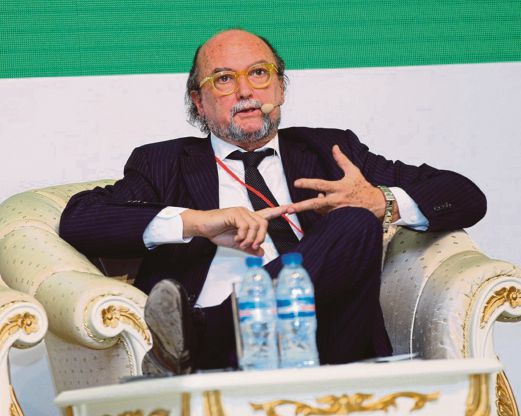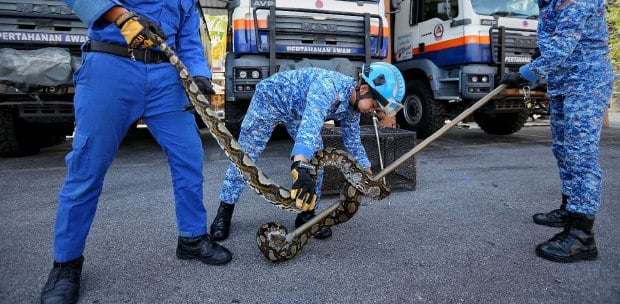AS a sportswriter, Italian Gianni Merlo has seen it all. The former La Gazzetta dello Sport journalist and current International Sports Press Association (AIPS) president shares his thoughts with Timesport.
Question: How long have you been in sports writing?
Answer: I would like to say since the Jurassic age, but my first international job was at the European Athletic Championships in 1969. I was just a young guy running around getting news for the older journalists. I later joined an Italian television station as an assistant commentator before landing the job at La Gazzetta dello Sport in 1974. Since then I was the man there before retiring in 2010. Now I am full time with AIPS.
Q: What would you say was most challenging during your time as a sports journalist?
A: The most challenging part of the job was the continuous fight against corruption and to promote the real feeling and spirit of sports. It was also a challenge to help the new generation of journalists understand how things work because universities teach you theory but when you start working, it’s all hands on.
Q: Are you still involved with training young journalists?
A: At AIPS, we have a programme for young journalists. Every year we organise it about two to three times, where we allow young journalists from around the world to be part of an international sporting event. We educate them on theory and also give them the opportunity to experience the job on field. They graduate as high level journalists going into writing or even broadcast. The first programme was in Shenzen, China in 2011 during the World University Games. We have since conducted about 12 of them.
Q: What was one of your most memorable events?
A: Unfortunately, it was my first Olympics in 1972 in Munich. The terrorist attack is still fresh in my mind because it was shocking. At that time it was normal for us to enter the athletes village and live in the same building. However, after the attack we lost all possibility to be close to athletes. The approach to our sources have changed dramatically. It has changed our work today.
Q: Why do you say so?
A: After the incident, security has heightened, and most athletes now use this as an excuse to avoid speaking to us. This is dangerous to sports. Back then, when we mingled with the players — say football for example — we would know if there was any illegal betting or match fixing going on, because you will hear other players speaking or through their body language on how they were unhappy with a particular teammate. Now, one player comes for the press conference and you won’t know anything, everything is hidden. People go online to get their facts, but how is it news if there is no direct contact to understand things better? Plus everyone writes the same thing online and it is boring.
Q: In your opinion, how can we change this?
A: It is up to the new generation, they have to make a choice. They must study more and fight to give meaning to their work. They must not just accept what the machine (web) tells them. They must use the machine and not be used by it. I know going out to search for news is difficult, but that is part of the job. If you want to be a journalist, and not be willing to do a difficult job, then you might as well go work in a pharmacy or something else. If you are honest and want to do a good job, then yes you can do it.
Q: What is the big challenge for the new generation of sports journalists?
A: The big challenge is definitely multitasking. Before we used only the typewriter, but now you have to write for the newspaper, then online while some require you to take pictures and even record videos. This means you have less time for your life and less time to study. We need to develop young journalists to become champions or else they will only depend on Google.
Q: Most major newspapers are moving online now, how do we tackle this?
A: I know most people think that newspapers around the world are dying but if you look at the CEO of RCS Media Group (Urbano Cairo), the one who owns La Gazzetta dello Sport, he has just invested a huge sum of money into newspaper and the same is also done by the Washington Post. The newspaper industry is not dying but it is a niche market. You need high level journalists writing quality reports. It must be strong opinions and reactions.





